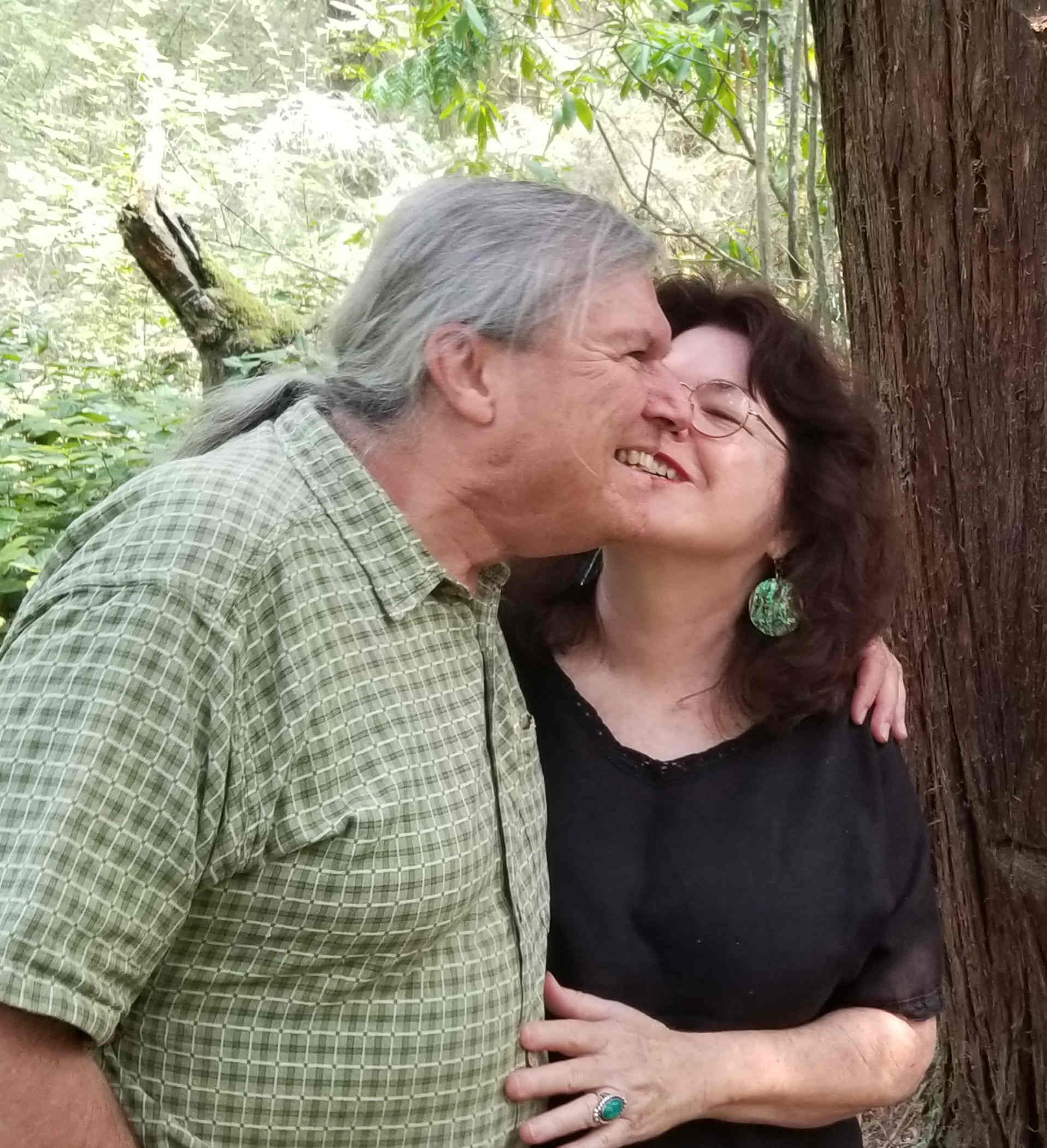How Conscious Intention Can Lead to Peace in Your Relationships

Podcast: Download
Subscribe: Apple Podcasts | RSS
MAUDE: In this world, where division is being fostered and people are being pitted against each other, we often ask what we can do to include peace and the motivation of love into how we relate to others. For us, the key lies in having a conscious intention.
What is that intention? We both hold the intention to imbue our interactions with a loving view of each other and to respond from this place of love, as well as to actively seek the best possible outcome for both of us always. The viewpoint you have greatly alters what you experience. If, for example you look at similarities rather than differences, what you perceive is quite altered.
For Phil and I, this is such a strong shared intention that it permeates our every interaction. We have practiced this for so long that we naturally go there if we feel out of sync. We always know, that we each share this intent toward one another and for ourselves. This deep knowledge has fostered a trust which can carry us through anything.
When you are on guard or defensive, reacting from triggers often implanted long ago, you are already bringing barriers into the exchange. In your partnerships and friendships, you hopefully share core values, and although each other’s actions and words may seem quite different, they reflect the unique quality of each rather than true clashes.
So how can a conscious intention help when you are feeling angry, frustrated or alienated in a relationship? It reflects a choice that you have made about what your motivation will be in your responses and viewpoint. If these feelings are not reflective of your choice, you can remind yourself of your true intention.
This is a way of aligning yourself with your choice. The more you become conscious of your intention, the more powerful it will become. Every time you can step out of a response that doesn’t reflect your choice, you gain a bit of distance, and are a step closer to living that choice.
In a most basic way, the decision is whether to come from love or fear. Fear rears its head in many manifestations, and when it is the underlying driver of your responses it will always lead to feelings of distrust, separation and often violence.
The more you practice a loving response, the stronger your sense of trust and understanding will become. This may be quite an effort for a long time. It is a process, and it takes attention and a resolve to act from your truth. You will find yourself being less thrown by a loved one’s behavior, even when it pushes your buttons, as you become more settled within. You will naturally grow more peaceful and this will permeate your relationships.
This is not a purely mental activity. It develops over time with practice in action. The more you choose love over fear, the more you apply this as a conscious intention, the calmer and more centered you will become. When you come from this inner well of love, it frees the other person to relax, to trust, and to set aside tensions. The experience of peace that grows within you will transform all your relationships.In all relationships, the decision is whether to come from love or fear #quote #relationships Share on X
PHIL: Maude has written about the importance of intention and I want to look at the intentions for being in a couples relationship. You can be in a relationship out of need, or you can feel complete, and the relationship only adds to you.
It’s much more complicated than that because we all receive benefits from a relationship. They are an essential part of Maslow’s hierarchy of needs. After the physical requirements of air, water, food, and shelter comes social needs. Maude and I are watching “Alone” where participants are left to fend for themselves on Vancouver Island, and what breaks most of them is not hunger but the solitude, the missing of family and friends.
Humans need each other to survive, both psychologically and economically, and that becomes much more obvious when it is missing. The early days of Covid-19 were a reminder of that.
Relationships provide both social and economic benefits through companionship and two being able to live cheaper than one, as well as supplying physical needs like touch and sex. These are not really a needy taking from the other person because both people receive those benefits (though full equality is often a challenge because of differences in income, sexual desire and so on.)
But the point is that in a relationship where you feel complete, as opposed to in need, you can be aware of the balance between taking and giving. When there is a choice, which is most of the time, lean toward the positive, because this is what sustains relationships.
This is the intention of which Maude speaks. To apply it requires that in the moment, you are conscious of the choices you have, and that you take the higher one.
When you see a relationship as providing benefits as above, rather than being a competition for resources, then looking for answers that benefit both people becomes automatic with practice. The more you succeed in this, the more you understand the power of intention.
Photo credit: Courtesy of Dave and Chappell Holt
Read what some other writers have to say on this topic.
Get our free weekly newsletter about how to have a harmonious relationship.
Leave a Reply